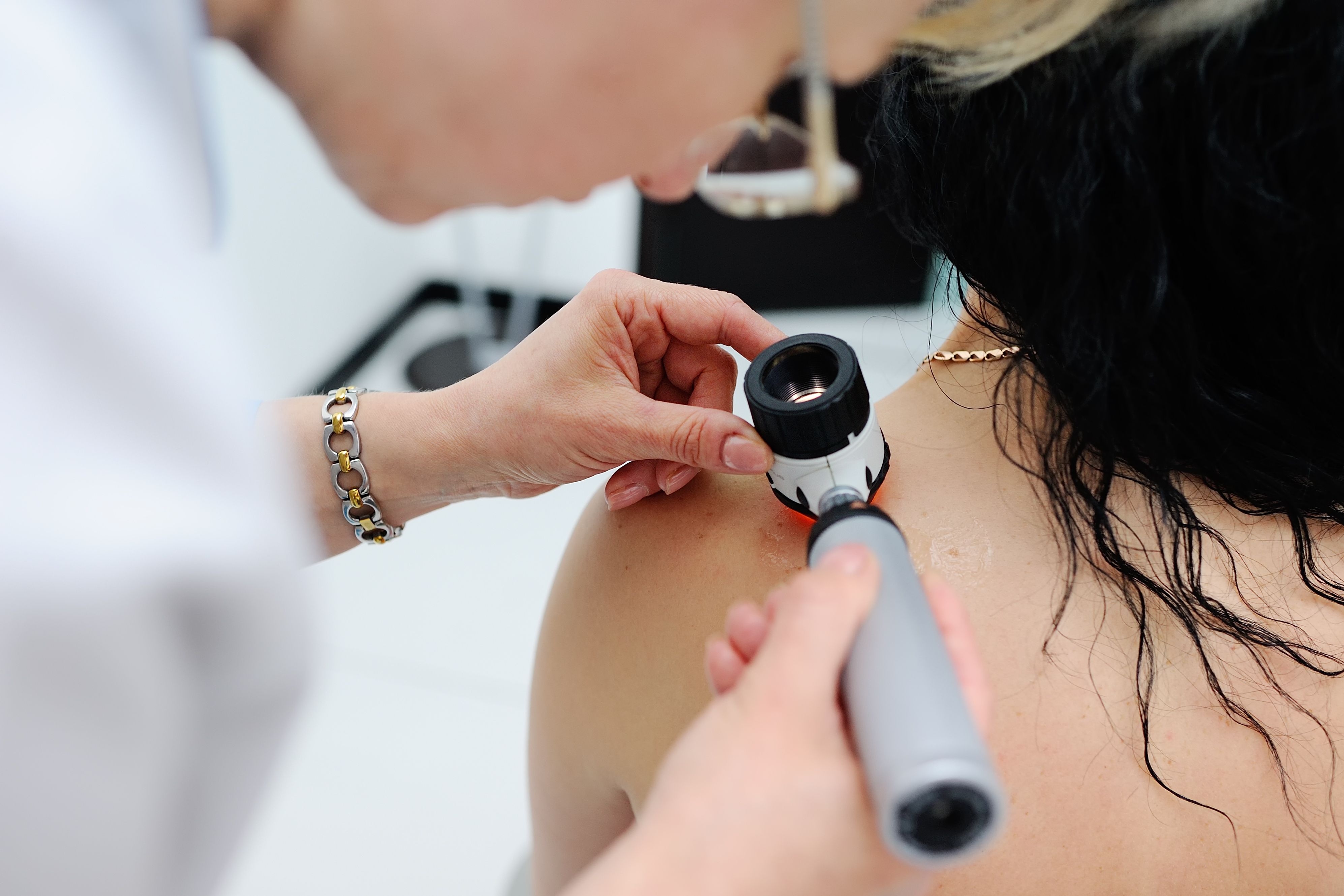- Acne
- Actinic Keratosis
- Aesthetics
- Alopecia
- Atopic Dermatitis
- Buy-and-Bill
- COVID-19
- Case-Based Roundtable
- Chronic Hand Eczema
- Chronic Spontaneous Urticaria
- Drug Watch
- Eczema
- General Dermatology
- Hidradenitis Suppurativa
- Melasma
- NP and PA
- Pediatric Dermatology
- Pigmentary Disorders
- Practice Management
- Precision Medicine and Biologics
- Prurigo Nodularis
- Psoriasis
- Psoriatic Arthritis
- Rare Disease
- Rosacea
- Skin Cancer
- Vitiligo
- Wound Care
News
Article
Phase 2 Trial of Qtorin 3.9% Rapamycin Anhydrous Gel Underway in Patients With Cutaneous Venous Malformations
Author(s):
Key Takeaways
- Qtorin rapamycin targets the mTOR pathway, addressing cutaneous venous malformations by delivering rapamycin directly to affected skin.
- The FDA has granted Fast Track and Breakthrough Therapy Designations to Qtorin rapamycin for venous and microcystic lymphatic malformations.
Palvella begins its phase 2 TOIVA trial of Qtorin rapamycin gel for cutaneous venous malformations, targeting the mTOR pathway.
Venous lake | Image Credit: © DermNet

Palvella Therapeutics announced today that is has completed dosing of the first patients in its phase 2 TOIVA clinical trial of Qtorin 3.9% rapamycin anhydrous gel (Qtorin rapamycin).1
This investigational therapy is being studied as a potential treatment for cutaneous venous malformations (cutaneous VMs), a rare and lifelong genetic skin condition with no currently approved therapies in the United States.2
Cutaneous VMs result from genetic mutations that overactivate the PI3K/mTOR signaling pathway, leading to dysfunctional vein formation within the skin. Affecting an estimated 75,000 diagnosed individuals in the US, this condition can cause severe complications, including bleeding, ulceration, thrombosis, and chronic pain.1
Qtorin rapamycin is a topically administered 3.9% rapamycin anhydrous gel designed to target the mTOR pathway, a key driver of cutaneous VMs. By delivering rapamycin directly to the affected skin, Qtorin aims to achieve localized therapeutic effects while minimizing systemic exposure and its associated risks. This novel approach has the potential to provide clinical benefits previously observed only through off-label systemic mTOR inhibitors.
In April 2024, the FDA granted Qtorin rapamycin Fast Track Designation for the treatment of venous malformations. The drug is also in development for microcystic lymphatic malformations via the phase 3 SELVA clinical trial, and it has also been granted a US FDA breakthrough therapy designation in this indication.3
Megha Tollefson, MD, a pediatric dermatologist and Medical Director of the Mayo Clinic Vascular Malformation Clinic, emphasized the potential of Qtorin rapamycin in this indication.
"We’re excited to have the first patients dosed in the landmark phase 2 TOIVA study evaluating QTORIN rapamycin, a targeted topical therapy with potential to inhibit the mammalian target of rapamycin pathway which is a causative driver of this disease," Tollefson said in a news release.1 "A potential new treatment option would be transformative for children and adults living with this disease, as no FDA-approved therapies currently exist."
The TOIVA study is a single-arm, open-label trial evaluating the safety, tolerability, and efficacy of Qtorin rapamycin in approximately 15 participants aged 6 years and older.
The study is set to be conducted at leading vascular anomaly centers across the US. Researchers will measure changes from baseline to week 12 in clinician and patient global impression scores, alongside evaluations of specific clinical manifestations of disease burden.
The trial’s outcomes will provide critical insights into the potential of Qtorin rapamycin as a first-in-class therapy for cutaneous VMs.
References
- Palvella Therapeutics announces first patients dosed in phase 2 TOIVA clinical trial of Qtorin 3.9% rapamycin anhydrous gel (Qtorin rapamycin) for the treatment of cutaneous venous malformations. News release. Palvella Therapeutics. January 8, 2025. Accessed January 8, 2025. https://www.globenewswire.com/news-release/2025/01/08/3006228/0/en/Palvella-Therapeutics-Announces-First-Patients-Dosed-in-Phase-2-TOIVA-Clinical-Trial-of-QTORIN-3-9-Rapamycin-Anhydrous-Gel-QTORIN-rapamycin-for-the-Treatment-of-Cutaneous-Venous-Ma.html
- Behravesh S, Yakes W, Gupta N, et al. Venous malformations: clinical diagnosis and treatment. Cardiovasc Diagn Ther. 2016;6(6):557-569. doi:10.21037/cdt.2016.11.10
- Palvella Therapeutics announces US FDA breakthrough therapy designation granted to QTORIN 3.9% rapamycin anhydrous gel (QTORIN rapamycin) for the treatment of microcystic lymphatic malformations. GlobeNewswire. November 16, 2023. Accessed January 8, 2025. https://www.globenewswire.com/news-release/2023/11/16/2781752/0/en/Palvella-Therapeutics-Announces-U-S-FDA-Breakthrough-Therapy-Designation-Granted-to-QTORIN-3-9-Rapamycin-Anhydrous-Gel-QTORIN-rapamycin-for-the-Treatment-of-Microcystic-Lymphatic-M.html
Newsletter
Like what you’re reading? Subscribe to Dermatology Times for weekly updates on therapies, innovations, and real-world practice tips.













